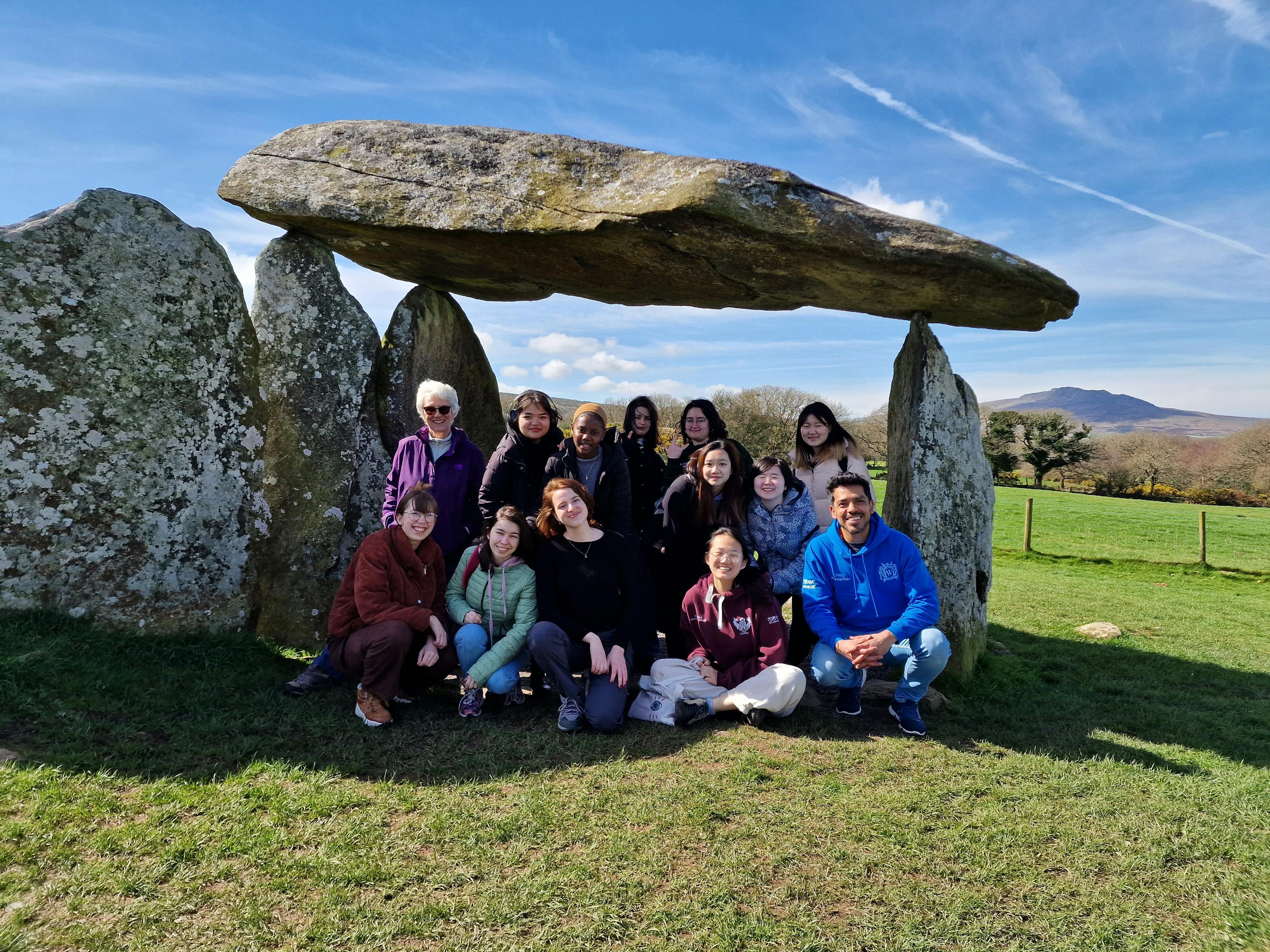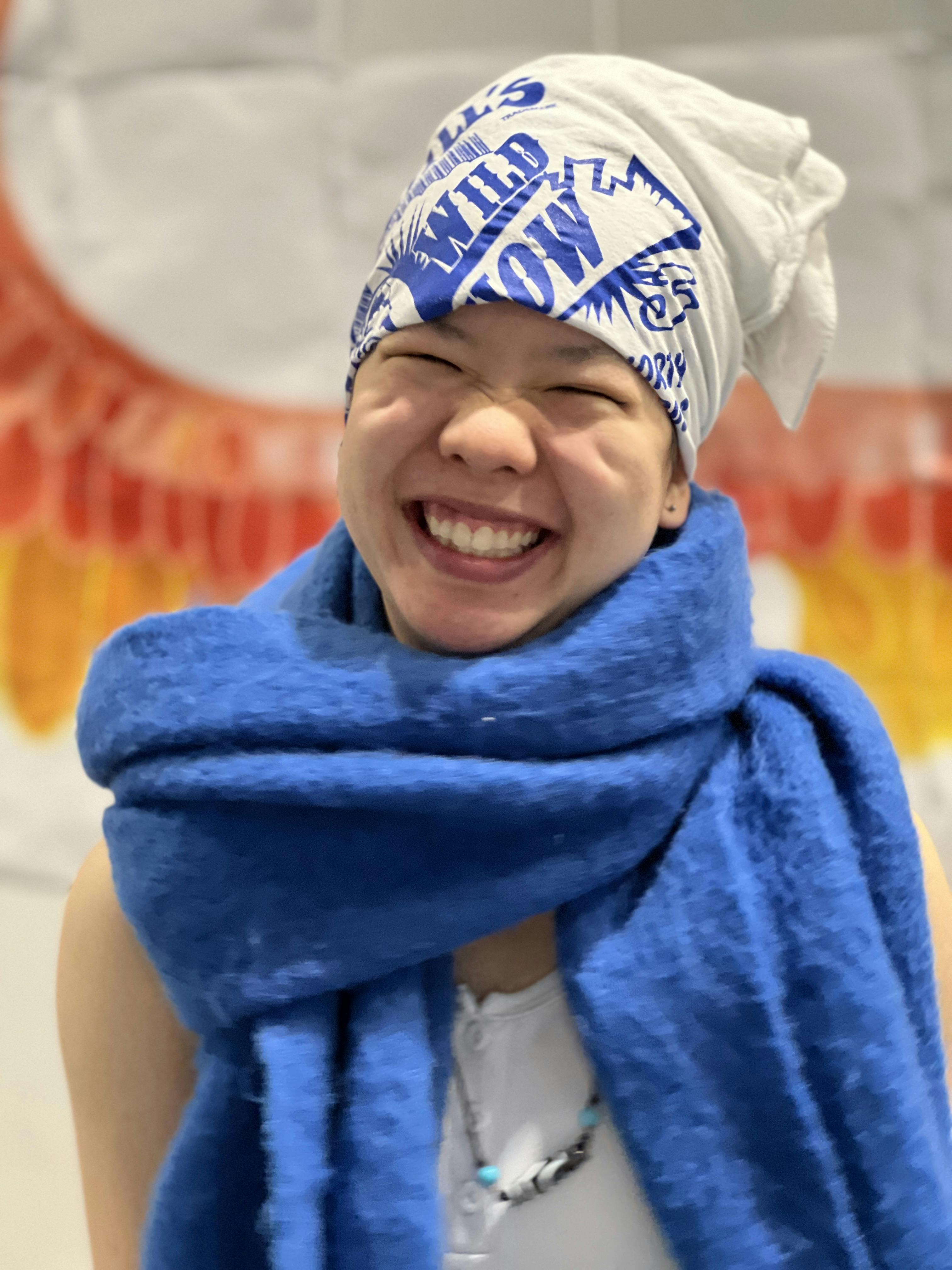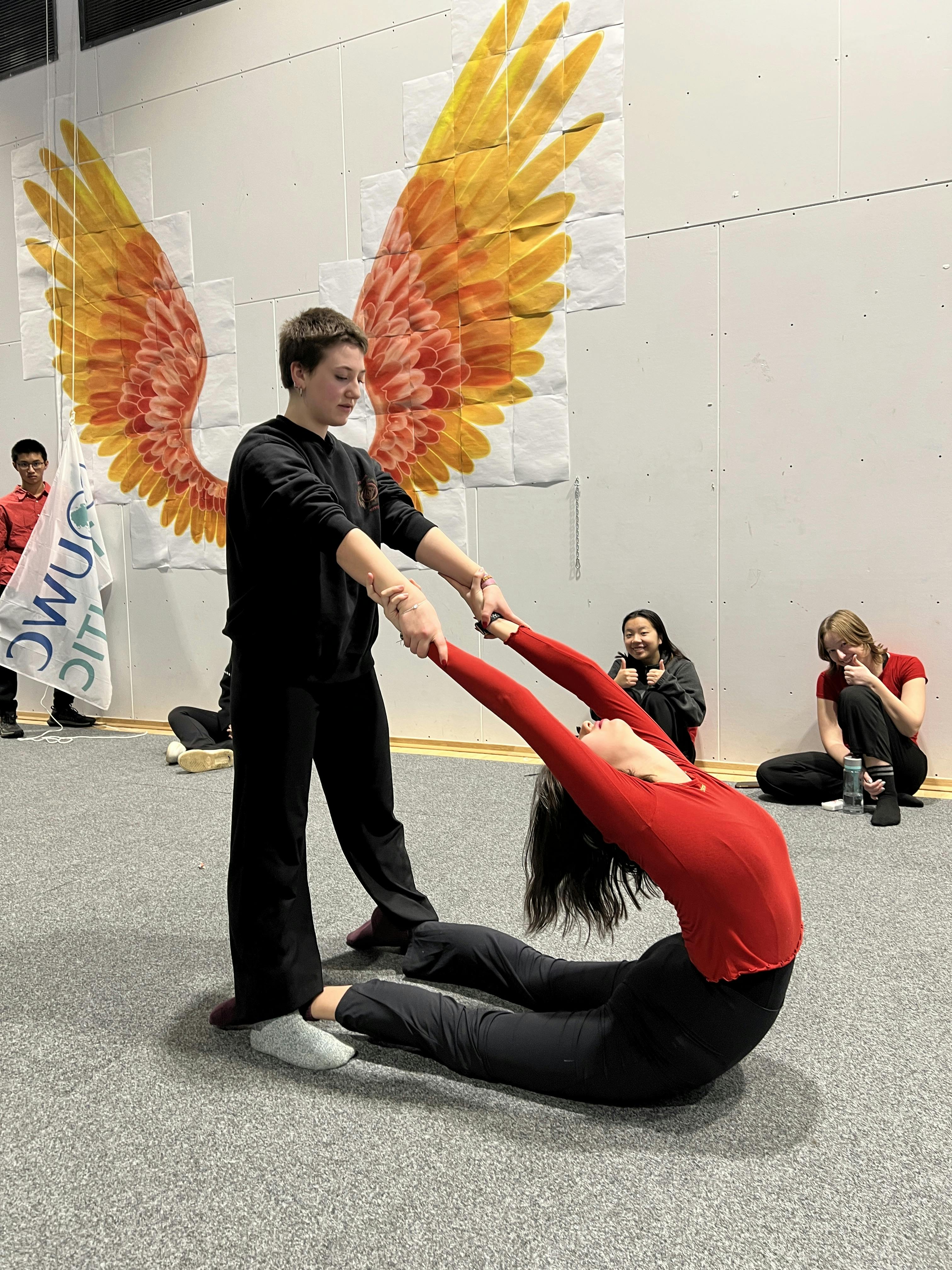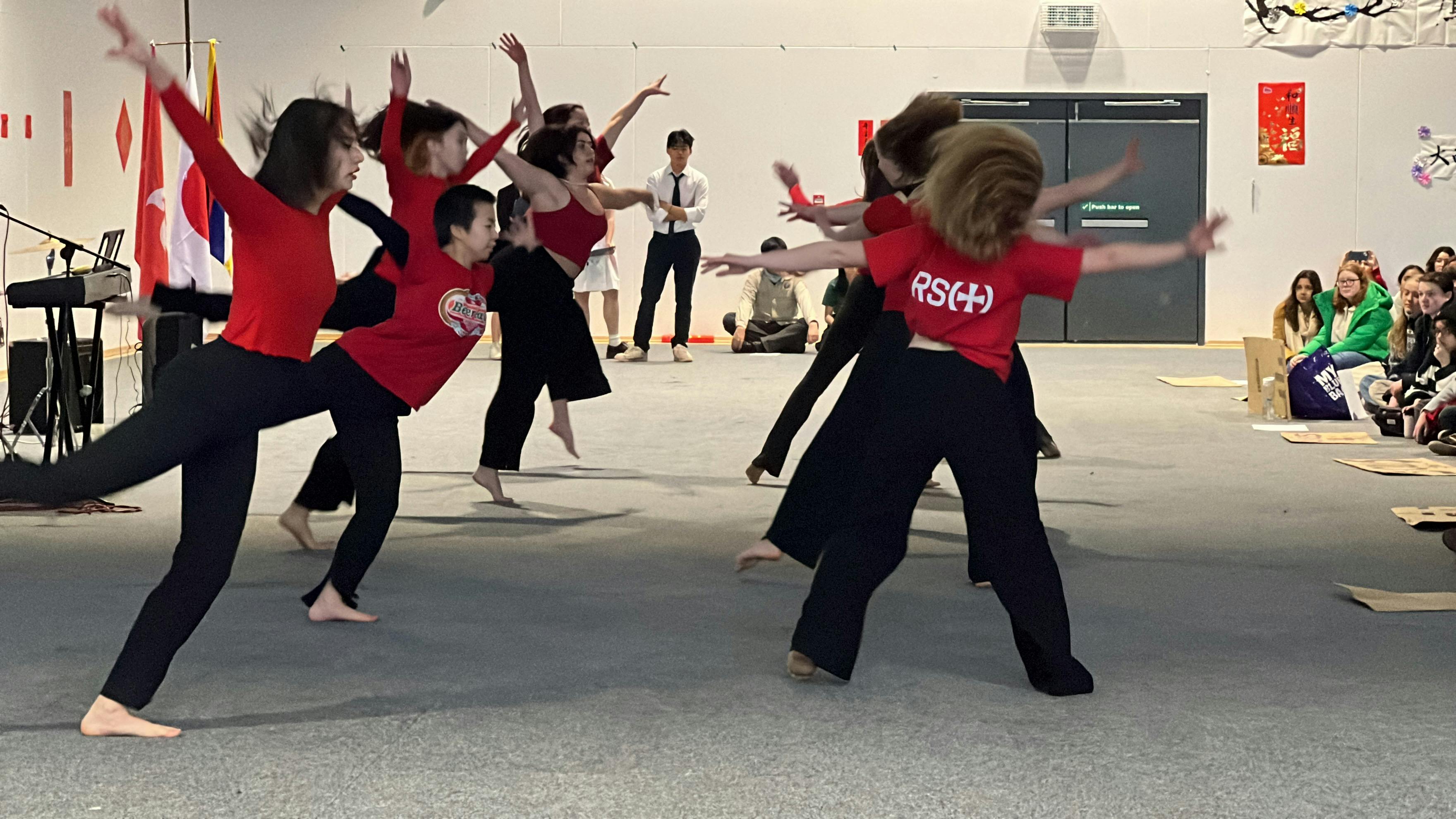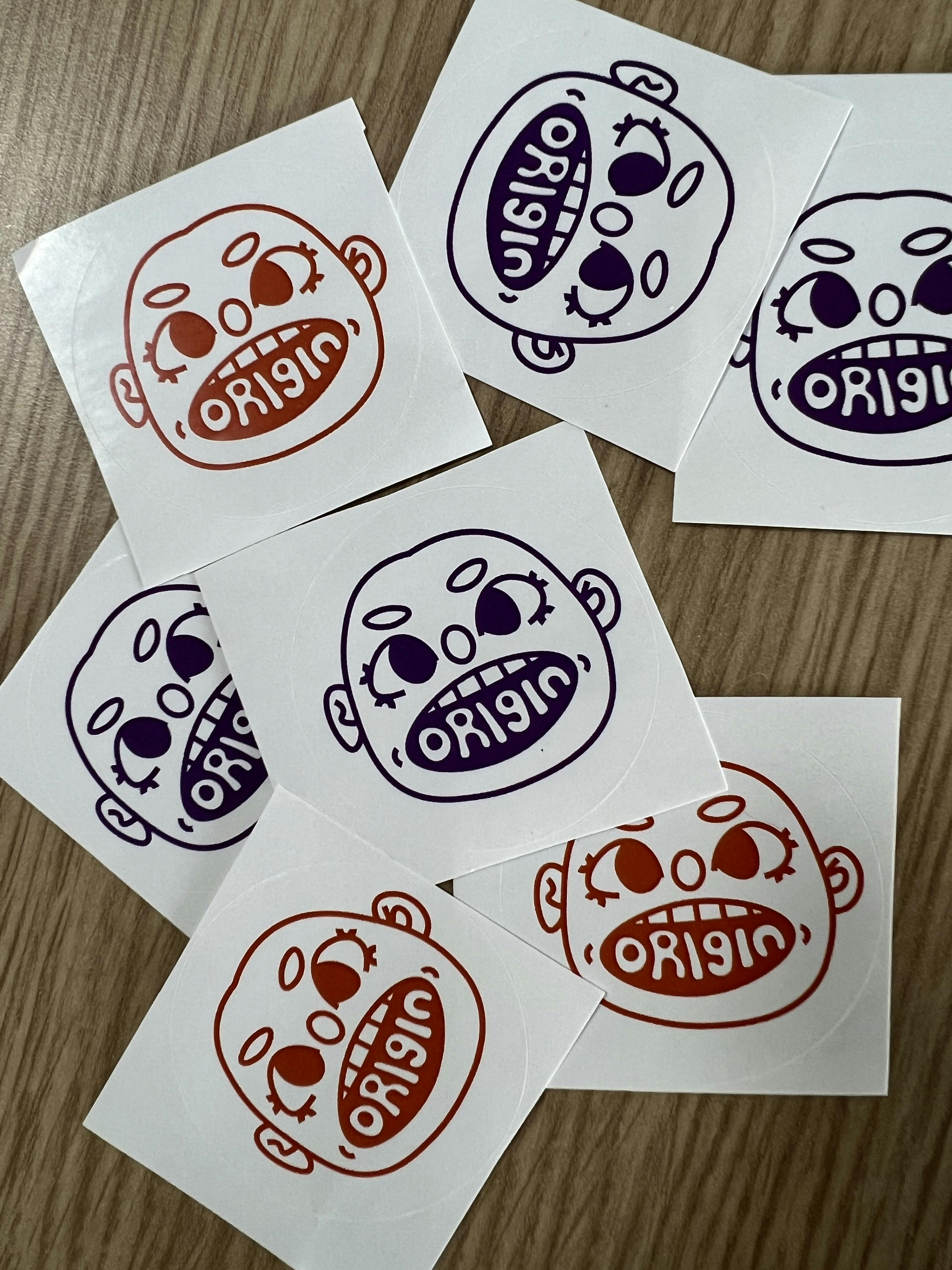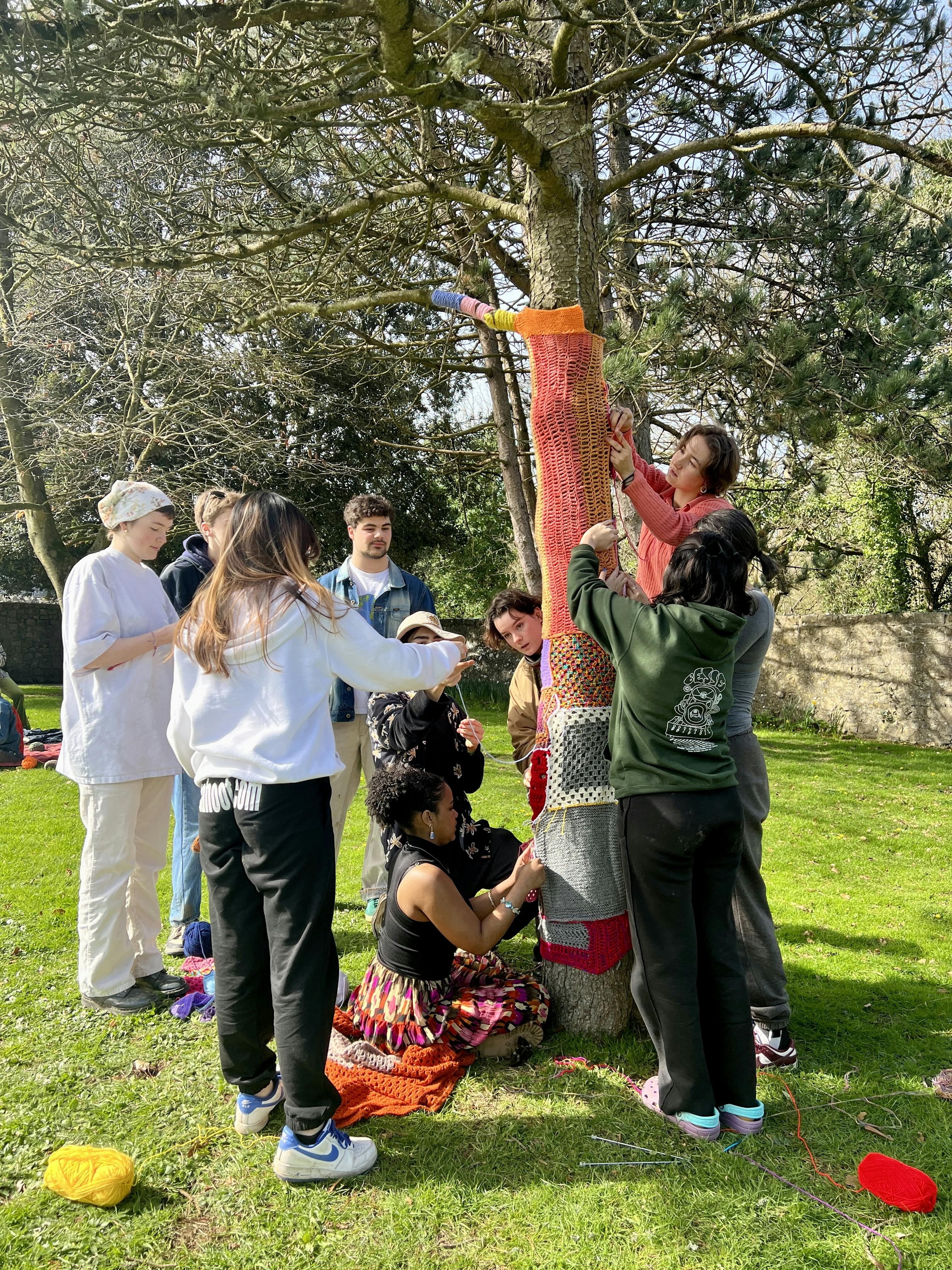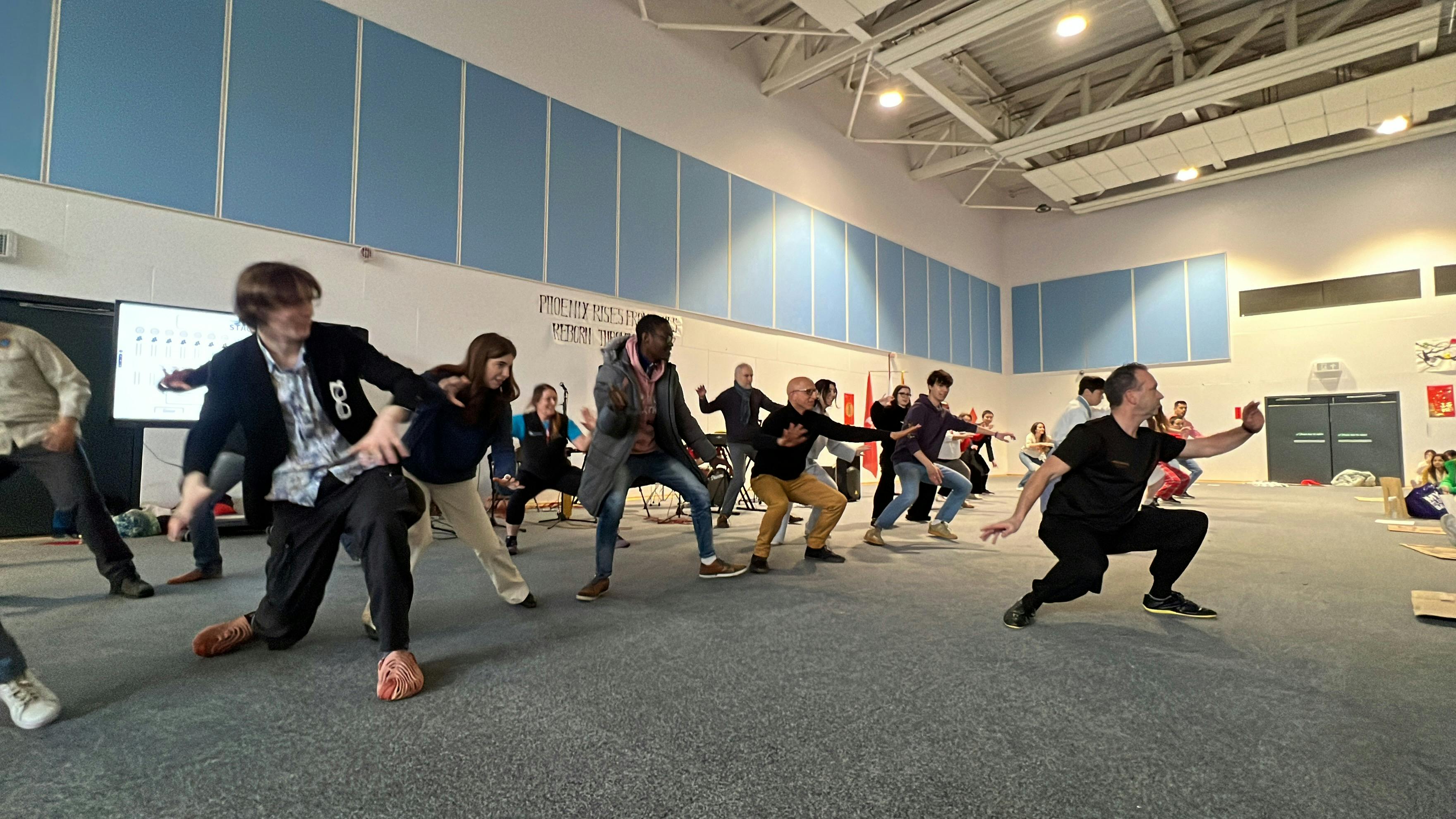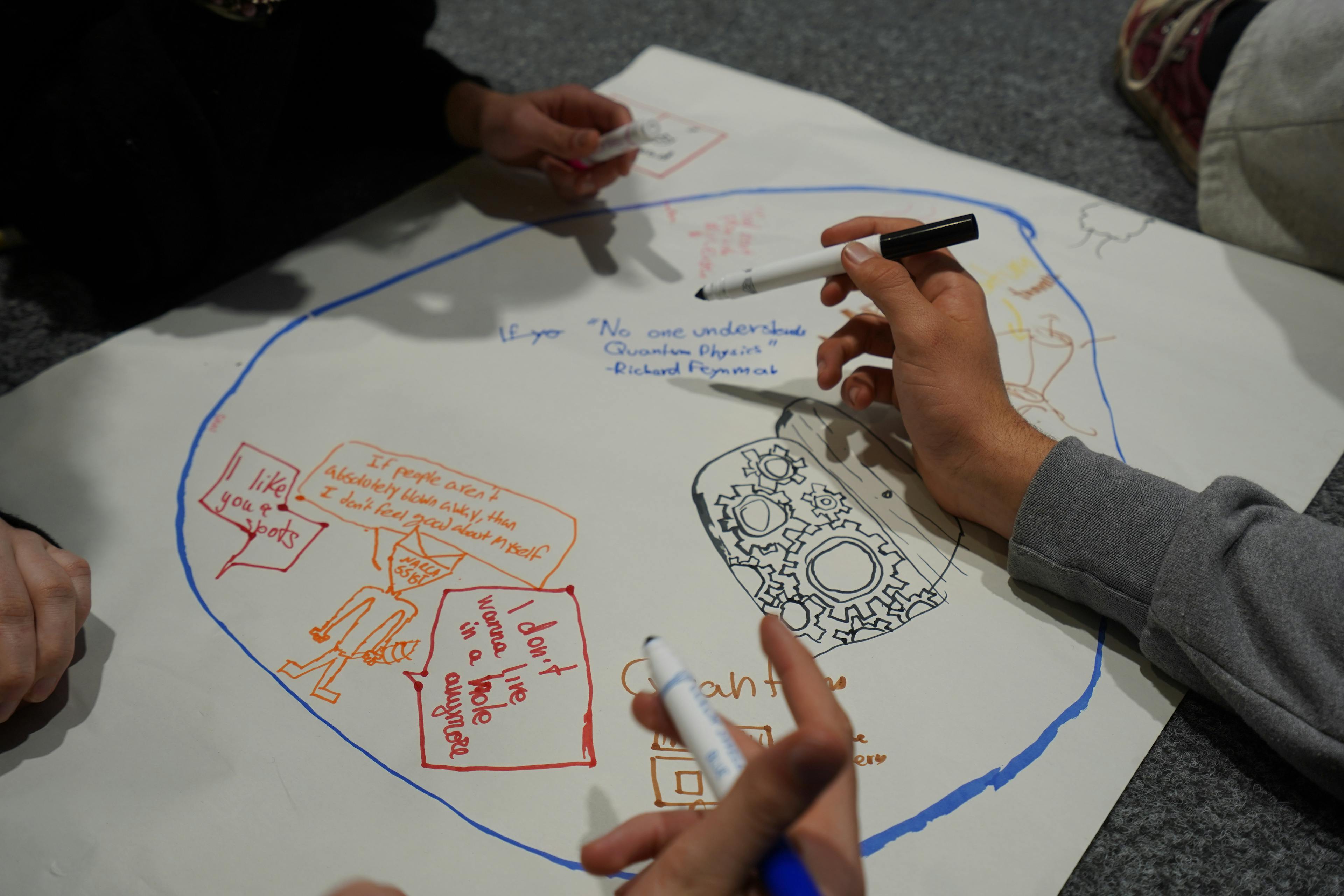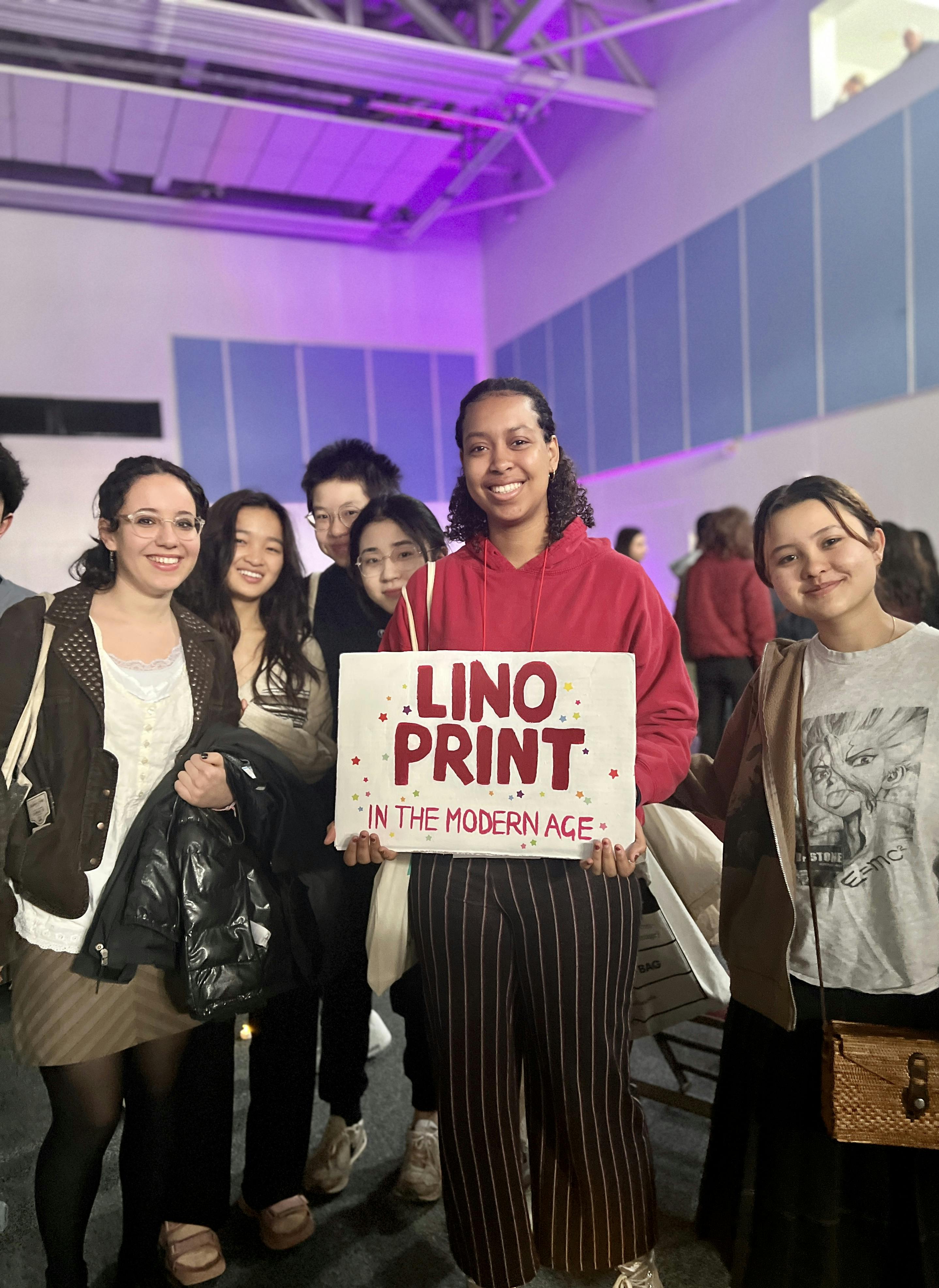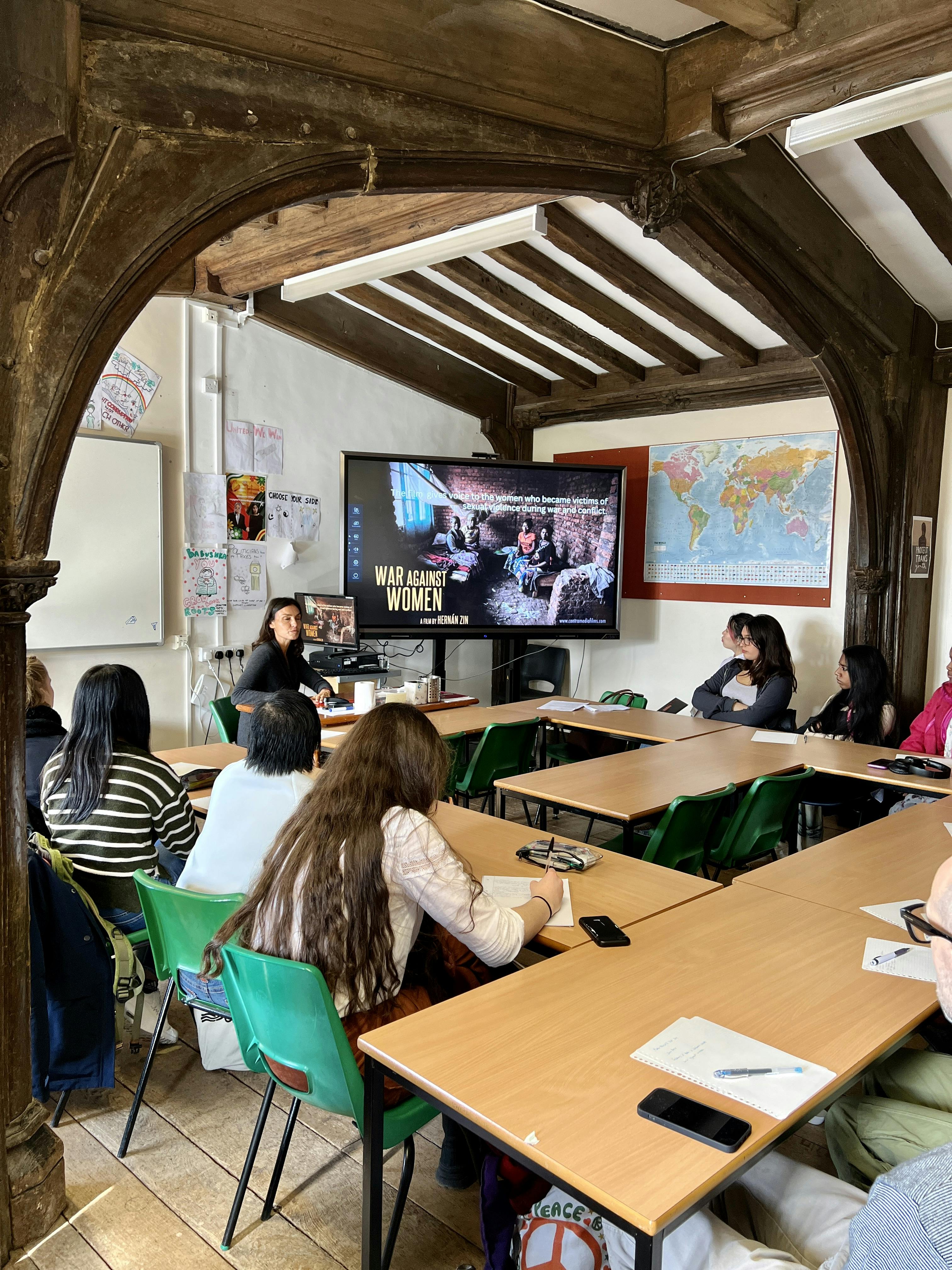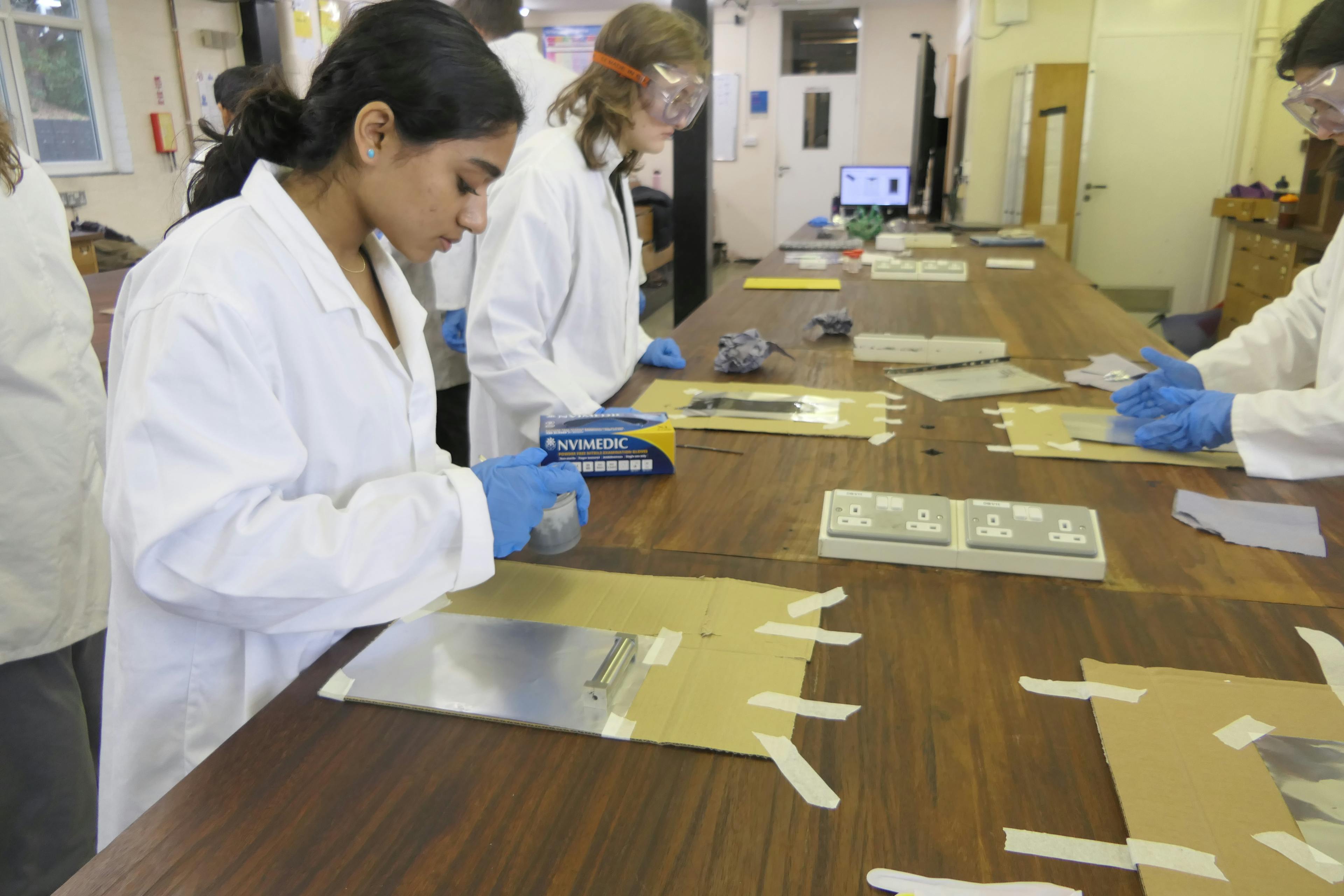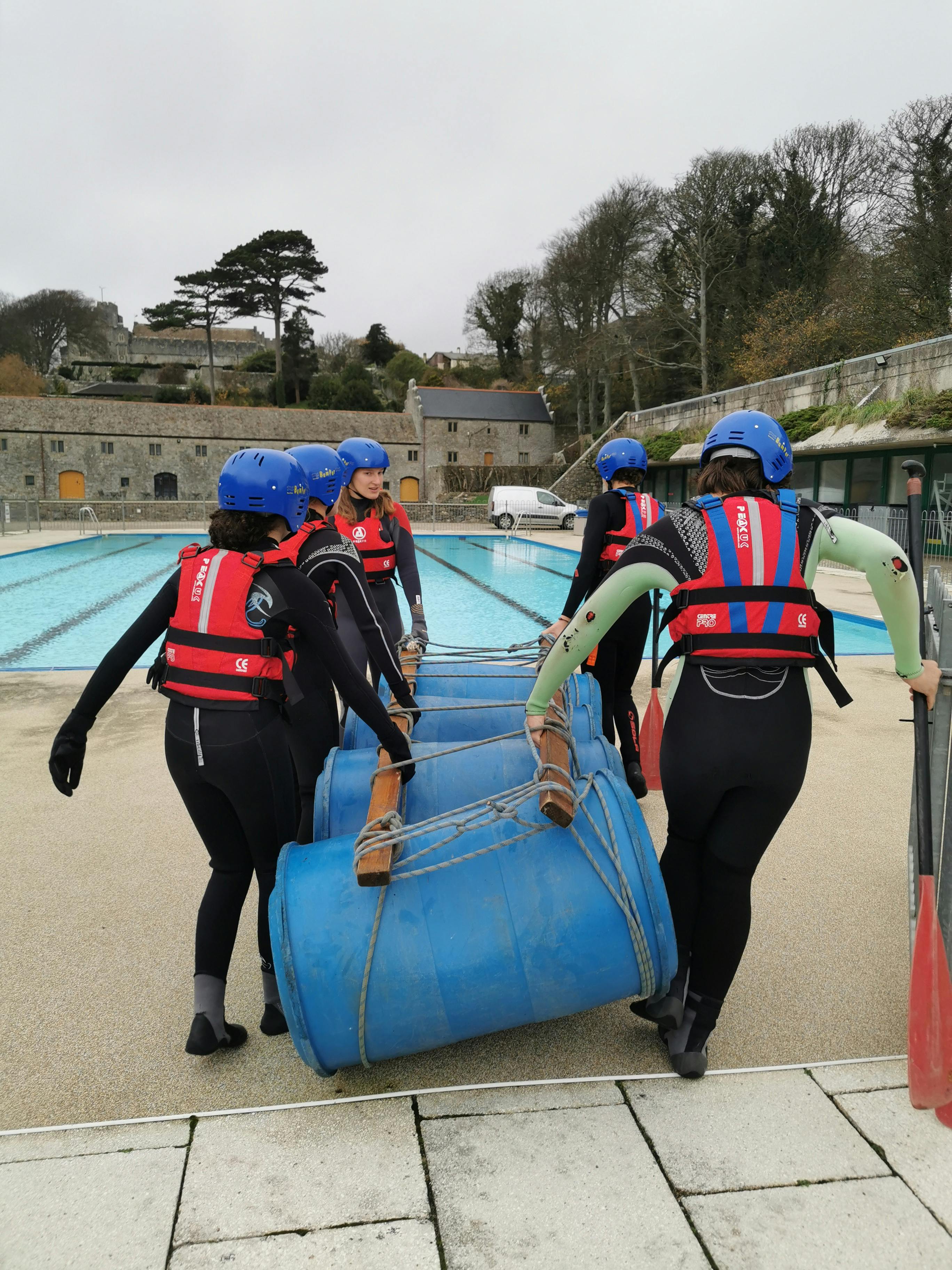
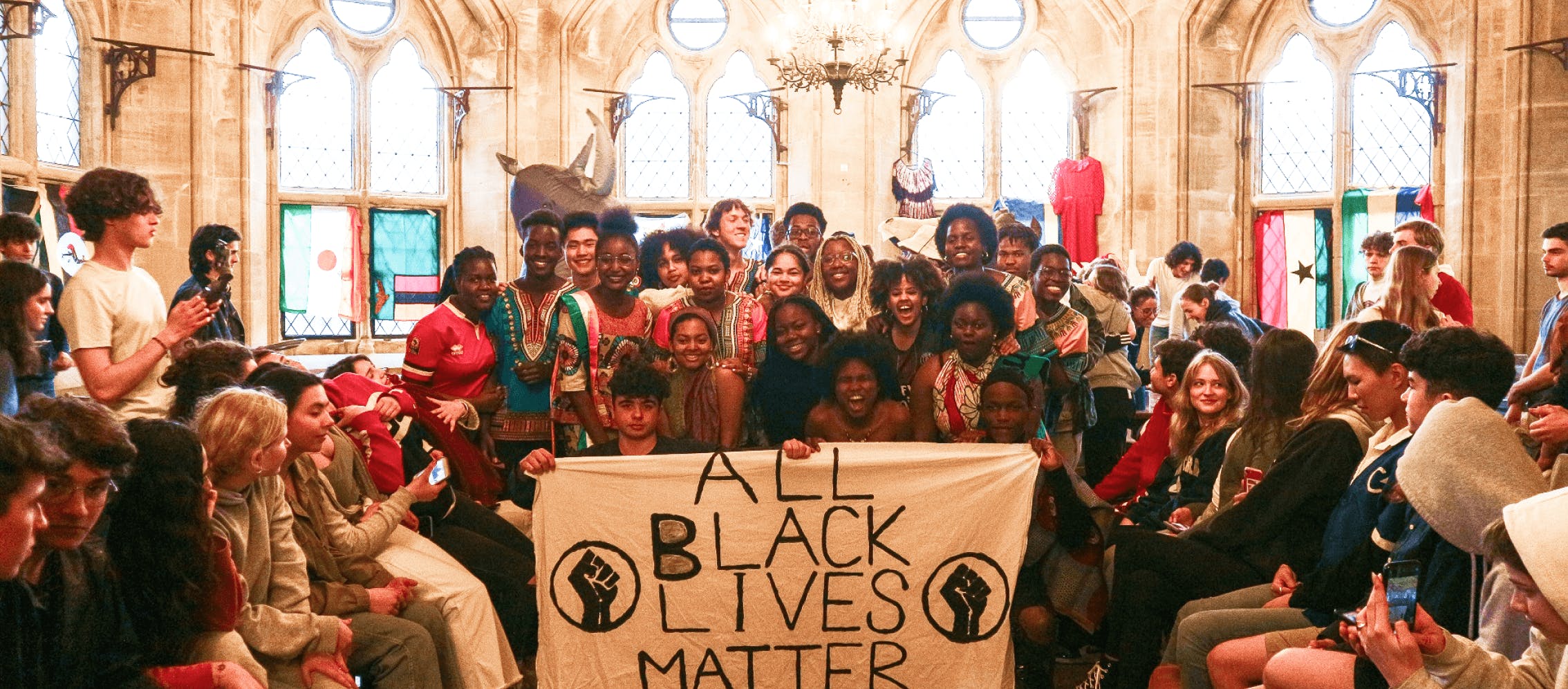
Conferences
Conferences are a change of pace in our academic programme, where for two days we break from the typical schedule of the academic day to create a different kind of learning community. We have three conferences each school year, and they are entirely student-designed and led from inception through to delivery.
Forming a core part of the student leadership opportunities our conference programme is consistently mentioned as a highlight of many students’ experience at the college.
Our conferences focus on honouring the diversity within the UWC Atlantic community to extend and broaden student knowledge and experience, with a focus on peer learning. All our conferences are supported by external speakers and facilitators who help to enrich and expand the content.
Our student-led microsite below has all things conference-related.
Student conferences at UWC Atlantic

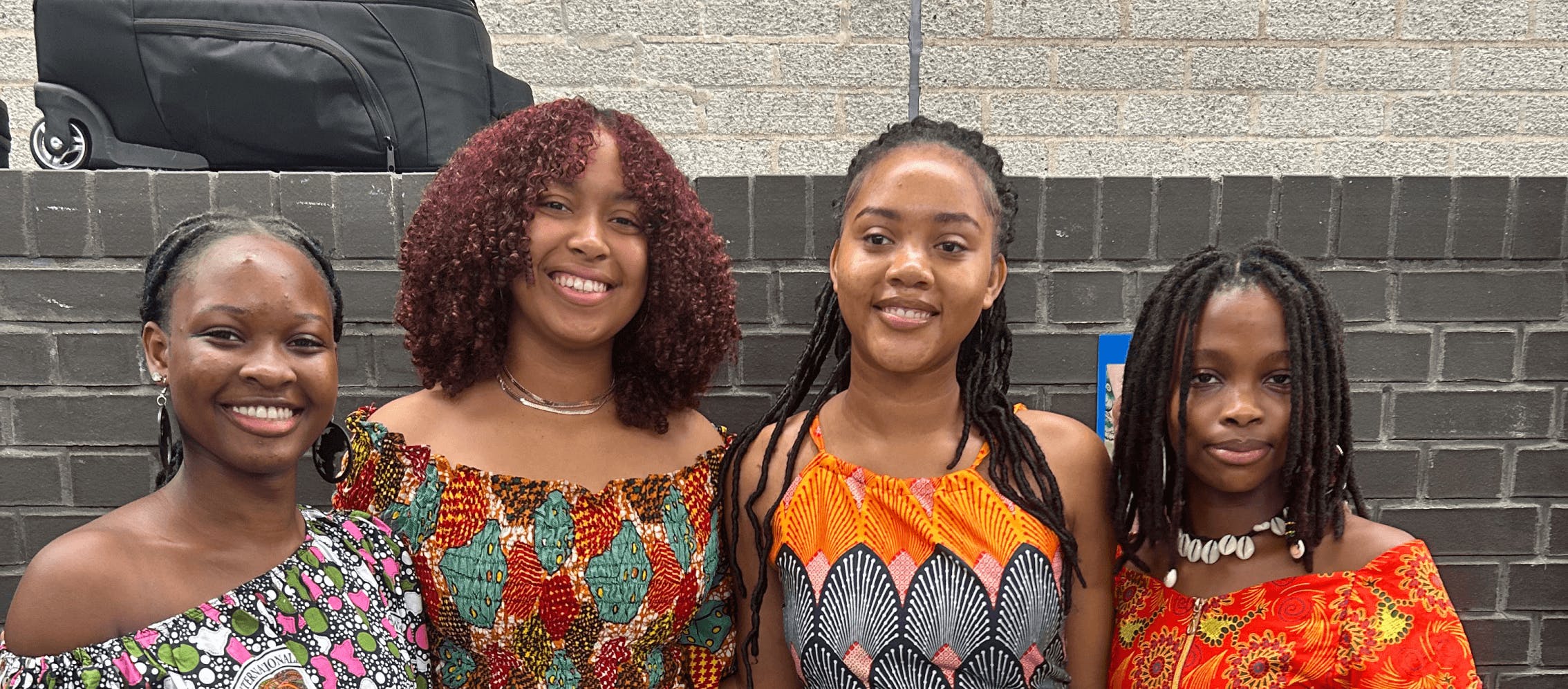
GoMakeADifference
